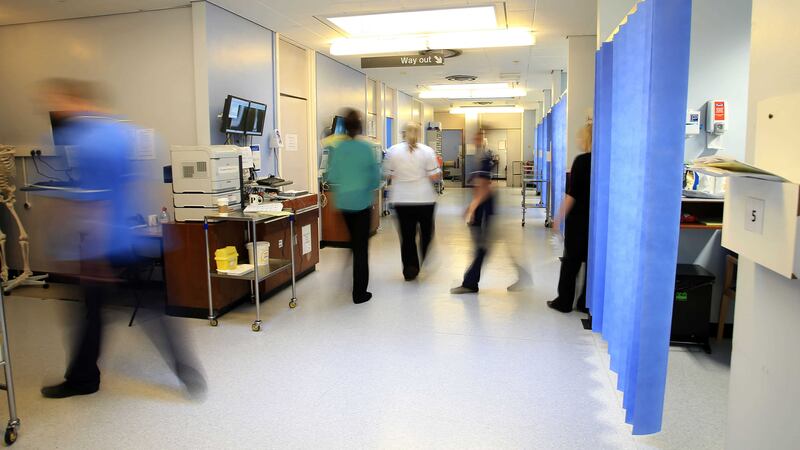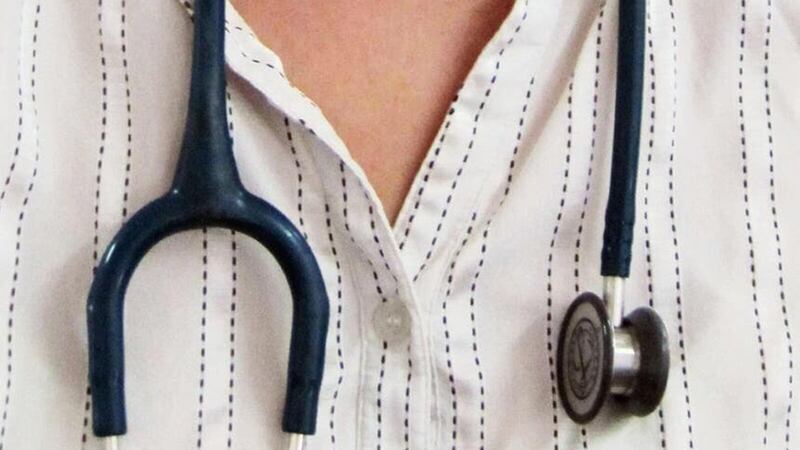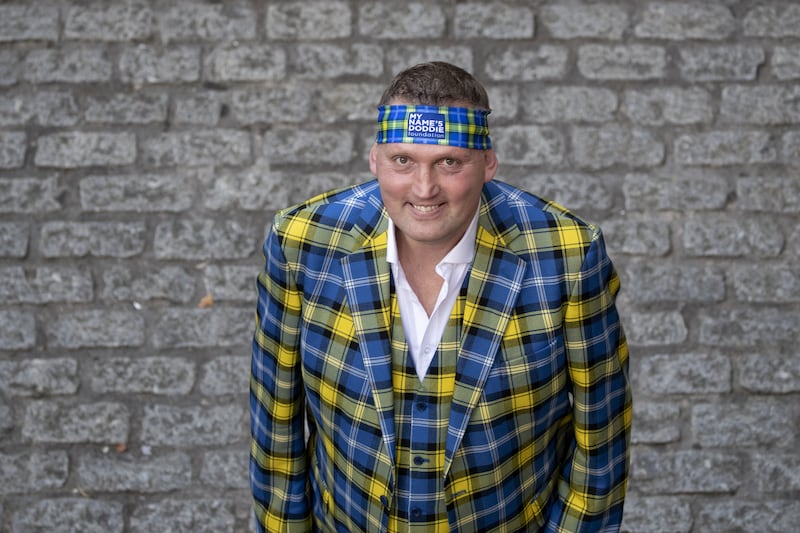ONE in five people diagnosed with motor neurone disease (MND) in the last three years waited a year or more to see a neurologist.
A poll of more than 900 people with the terminal condition for the MND Association found long delays in accessing the right help and getting a diagnosis.
Of those who waited a year or more, more than half (52%) had been referred to other professionals first, such as physiotherapists, orthopaedic surgeons or ear, nose and throat specialists.
A lack of testing for MND - which is incurable - also meant just 27% of patients received a diagnosis within a month of seeing a neurologist, while 14% waited a year or more.
Almost a third (32%) of those polled had also struggled to get help with adapting their home, such as for stair lifts, ramps and wider doors for wheelchairs.
June is MND awareness month. The condition affects up to 5,000 adults in the UK at any one time, and six people die from the disease each day.
There are approximately 120 people living with the condition in Northern Ireland.
Comedian Ronnie Corbett recently died of the condition and Professor Stephen Hawking has defied medical odds and survived living with the condition, which he first developed as a student.
Karen Pearce, director of care at the MND Association, said: "This fatal and still incurable disease kills more than half of those diagnosed within two years.
"It is notoriously difficult to diagnose, and this new research shows many face 12 months or more of anxiety and uncertainty while their symptoms worsen.
"This could be in part due to delays between a GP referral and actually getting to see a neurologist, with 16% reporting that it took over three months.
"As traumatic as a diagnosis of MND must be, once you know why symptoms are occurring you can make more informed decisions for you and your family.
"Swift and accurate diagnosis, most commonly from a neurologist, is crucial in ensuring the needs of people living with MND are met from the earliest possible stage.
"The problem is, there's still no single diagnostic test for MND and we appreciate that it is also challenging for GPs, who might only see one patient with MND in their whole career.
"Symptoms can be similar to other conditions, so people can spend months seeing various specialists and undergoing unsuccessful treatments until MND is suspected. However, there are things we can do to improve this."
Ms Pearce said more emphasis needed to be placed on speed of referral due to the rapid progression of the disease.
The charity has developed a tool for GPs - Red Flags - to help them spot the signs.
An NHS England spokesman said: "We're pleased with the survey's acknowledgement that there has been significant progress over the last three years in people receiving their MND diagnosis more quickly in order to obtain faster access to the care and support required.
"There is also greater recognition of the good care and support from NHS health care professionals in the services provided for patients once a diagnosis is received.
"However as the MND Association says, this is a difficult disease for doctors to diagnose, and there is no one test that allows them to do so. We therefore welcome campaigns like this to improve awareness of and familiarity about this condition."
Dr Maureen Baker, chairwoman of the Royal College of General Practitioners, said MND was difficult for GPs to diagnose in a 10-minute consultation and insisted the college was working to improve this.
Delays once a GP's referral has been made also need to be minimised, she said.
She added: "Symptoms are very similar to other, more common conditions, and with the lack of a definitive test for MND, it makes diagnosis problematic for neurological specialists, never mind in general practice where a GP might only see one case in their entire career.
"When you consider that GPs across the UK make in excess of 1.3m patient consultations every day, it brings home just how difficult identification of such a rare condition is at initial presentation.
"The college is pleased to have worked with the MND Association to develop resources to support GPs with early identification and diagnosis of MND and it is encouraging that this is having some impact."







